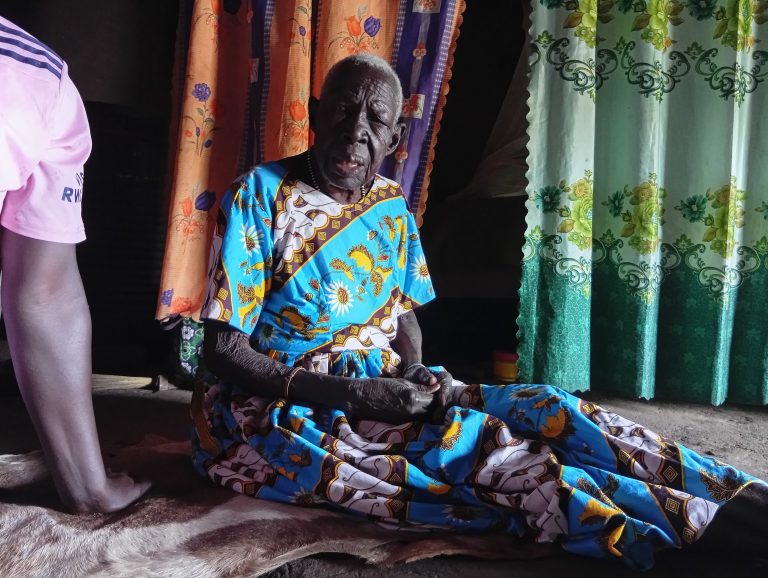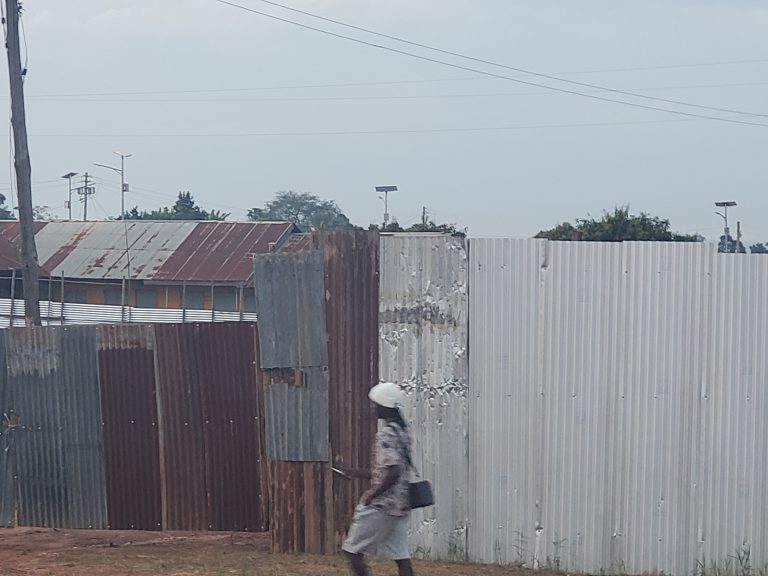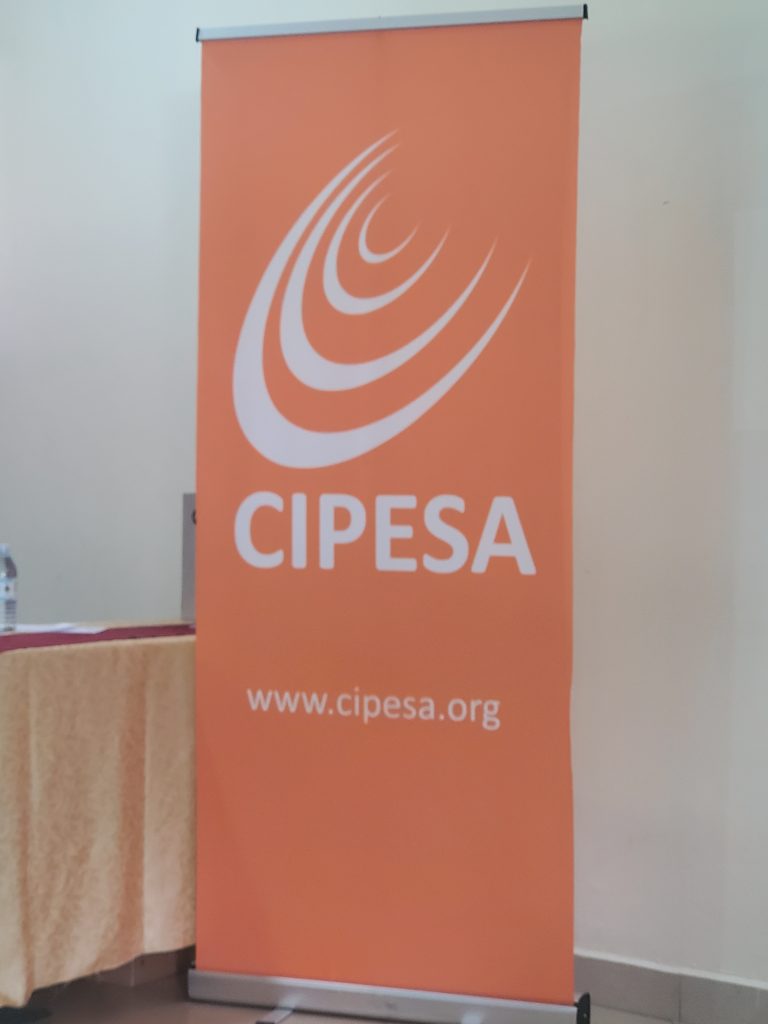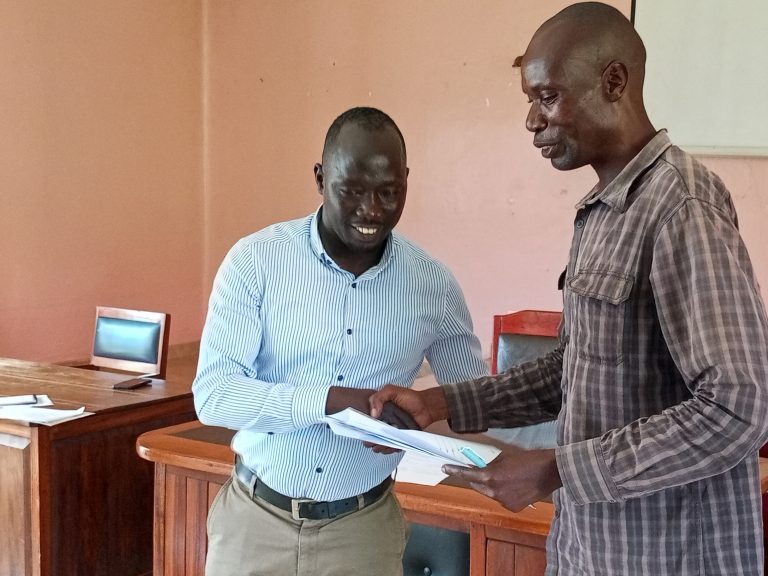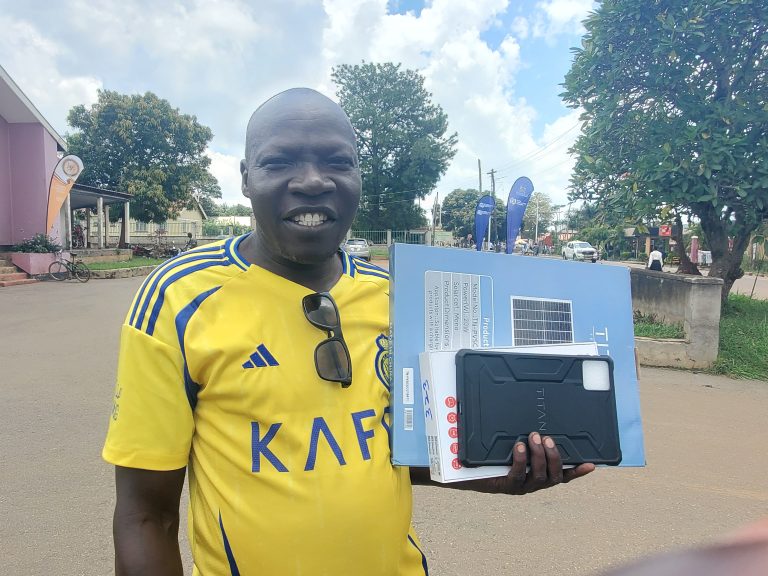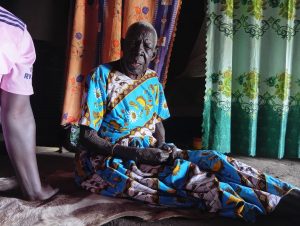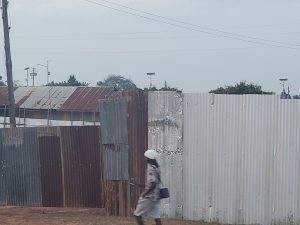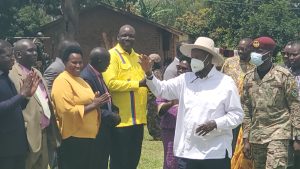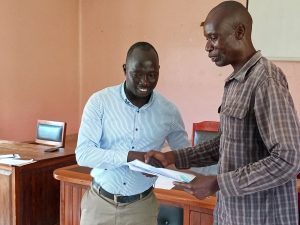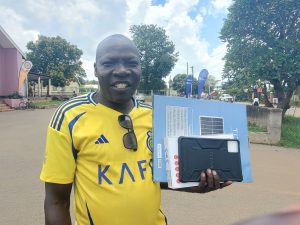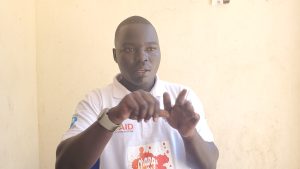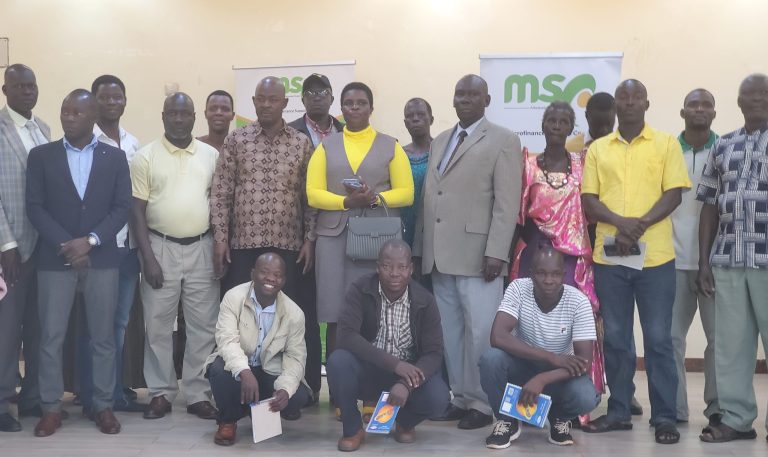Museveni Promises Full Livelihood Restoration for Acholi, with 2,650,000 cows expected to be given to the community in the next government.
By Chowoo Willy | October 23, 2025
President Yoweri Kaguta Museveni has reaffirmed his government’s commitment to restocking livestock and compensating victims of the Lord’s Resistance Army (LRA) insurgency in Northern Uganda.
Speaking during his campaign rally at Kaunda Grounds in Gulu City on Wednesday, Museveni said the National Resistance Movement (NRM) government is determined to rebuild livelihoods for communities that lost property and animals during the two-decade conflict.
“The area of Lango, Teso, and Acholi had cows, but these cows were destroyed by the wars and by cattle rustling. And when peace returned, we started restocking. But some people went to court and turned this into a legal matter,” Museveni said. The President said the court delayed the process of restocking in Northern Uganda
President Museveni is currently touring the Acholi Sub-region as part of efforts to consolidate his 2021 election victory, when he, for the first time since 1996, recorded a landslide win in the region with 54 percent of the vote.
Government has already spent UGX 159 billion compensating some claimants through a court-led process, but the president has expressed dissatisfaction with how the program was handled.
“When I checked, I was not convinced. It seemed there was a lot of kwo (corruption) involved in what was happening there”, he said
President Museveni, in August 2025, called a conference of leaders from Acholi, Lango, and Teso to discuss the restocking over compensation and announced during the rally that it had been agreed that the right thing to do is to restock, not just compensate in cash.
“Many things were lost — lives, property, and time. How do you compensate for all those? The correct thing is to restock and enable people to rebuild their lives,” he said.
Five-Cow Formula
According to the President, the government has now adopted a five-cow-per-homestead formula to ensure fair and practical compensation for war-affected families.
“I proposed five cows per homestead, and the idea was liked by many people. It was therefore adopted in Teso, Lango, and Acholi,” Museveni explained. “However, in Acholi, because the war lasted longer and was more intense, the cabinet will review the matter and advise the Prime Minister on a variation to ensure fairness.”
According to the Uganda Bureau of Statistics (UBOS) 2024 Census Report, there are an estimated 525,000 households in the Acholi Sub-region and 590,000 households in the Lango Sub-region. Based on President Museveni’s proposed plan to provide five cows per household, the government would require a total of 5,575,000 cows to reach all households, with Acholi receiving approximately 2,625,000 cows and Lango 2,950,000 cows, respectively.
Museveni emphasised that restocking is a more sustainable solution than direct cash compensation, which he said often benefits a few individuals instead of restoring community livelihoods.
Museveni said the Acholi Sub-region, which suffered the most during the insurgency, will receive special consideration under the program. He added that the government will proceed to compensate all individuals who have already been verified and registered for payment.
Voice-1: President explains why Acholi needs special consideration
Government to Scale Up Recovery Programs
The President noted that while peace and infrastructure have returned to the region, economic recovery for ordinary families remains incomplete. He pledged that his next government would scale up restocking and livelihood restoration programs, to the early government development projects under the Peace, Recovery and Development Plan (PRDP) and the Northern Uganda Social Action Fund (NUSAF).
Thousands of families across the Acholi sub-region continue to await government support for property and livestock lost during the LRA insurgency, which displaced over 1.8 million people.
Museveni’s renewed promise, made just months before the 2026 general elections, has rekindled hope among many survivors still struggling to recover from the effects of war.


